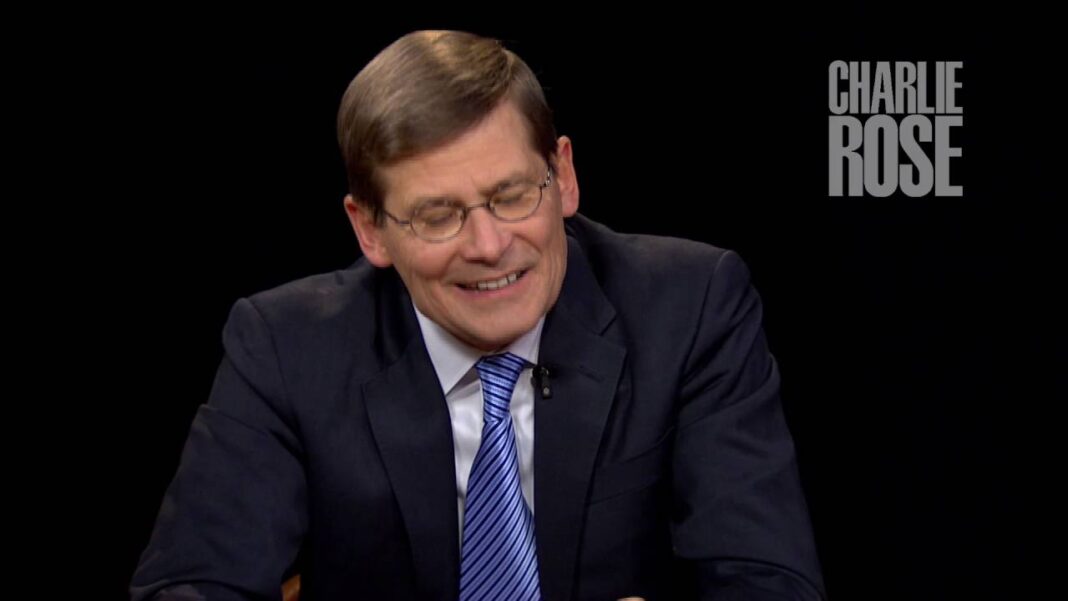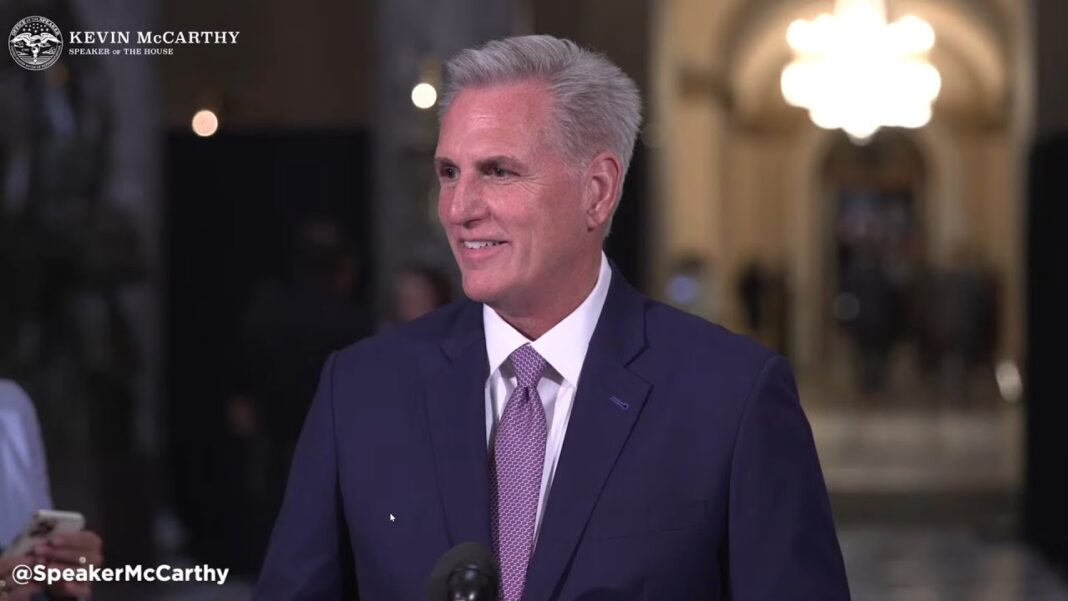
The Censorship Industrial Complex wants to censor “problematic content” on WhatsApp, Signal, Telegram, and other encrypted text messaging apps
Ever since journalist Matt Taibbi and I testified before Congress on April 10, critics of the Twitter Files have claimed that we were making a big deal about nothing. We were being paranoid, they said, to imagine that the U.S. government was involved in spying on ordinary Americans and demanding censorship. The various groups involved in what we called the Censorship Industrial Complex were merely “flagging” problematic posts for social media companies, said our critics. The platforms were by no means required to act on it.
Yet act on it, they did. As I noted in our video about CIA Fellow Renee DiResta, who oversaw the Censorship Industrial Complex’s effort to censor disfavored speech and disfavored users in 2020 and 2021, the social media companies responded to 75% of flagged posts and acted on one-third of them.
And now, new information has come to light that the censorship activists are trying to spy on and censor even supposedly encrypted text messages through apps like What’s App, Signal, and Telegram.
“There is currently no easy way to discover potentially problematic content on WhatsApp and other end-to-end encrypted platforms at scale,” lamented censorship advocates in a January 2022 Omidyar Foundation report. “One potential solution is to make use of misinformation ‘tiplines’ to identify potentially misleading or otherwise problematic content… On WhatsApp, a tipline would be a phone number to which WhatsApp users can forward potential misinformation they see to have it fact-checked.”
That sounds innocent enough. Apps like Amazon Kindle allow people to look up words in dictionaries and encyclopedias. Why not let them to look up whether things are factual?
Because the “tipline” was just the tip of the iceberg. A “think tank” called “Meedan,” which was one of Twitter’s principal “anti-disinformation partners” on Covid, created a project called “CryptoChat,” which advocated spying on encrypted chats to hunt down out wrongspeak. Andrew Lowenthal, the founder of the Digital Civil Liberties initiative and a colleague of Taibbi’s, discovered this program.





